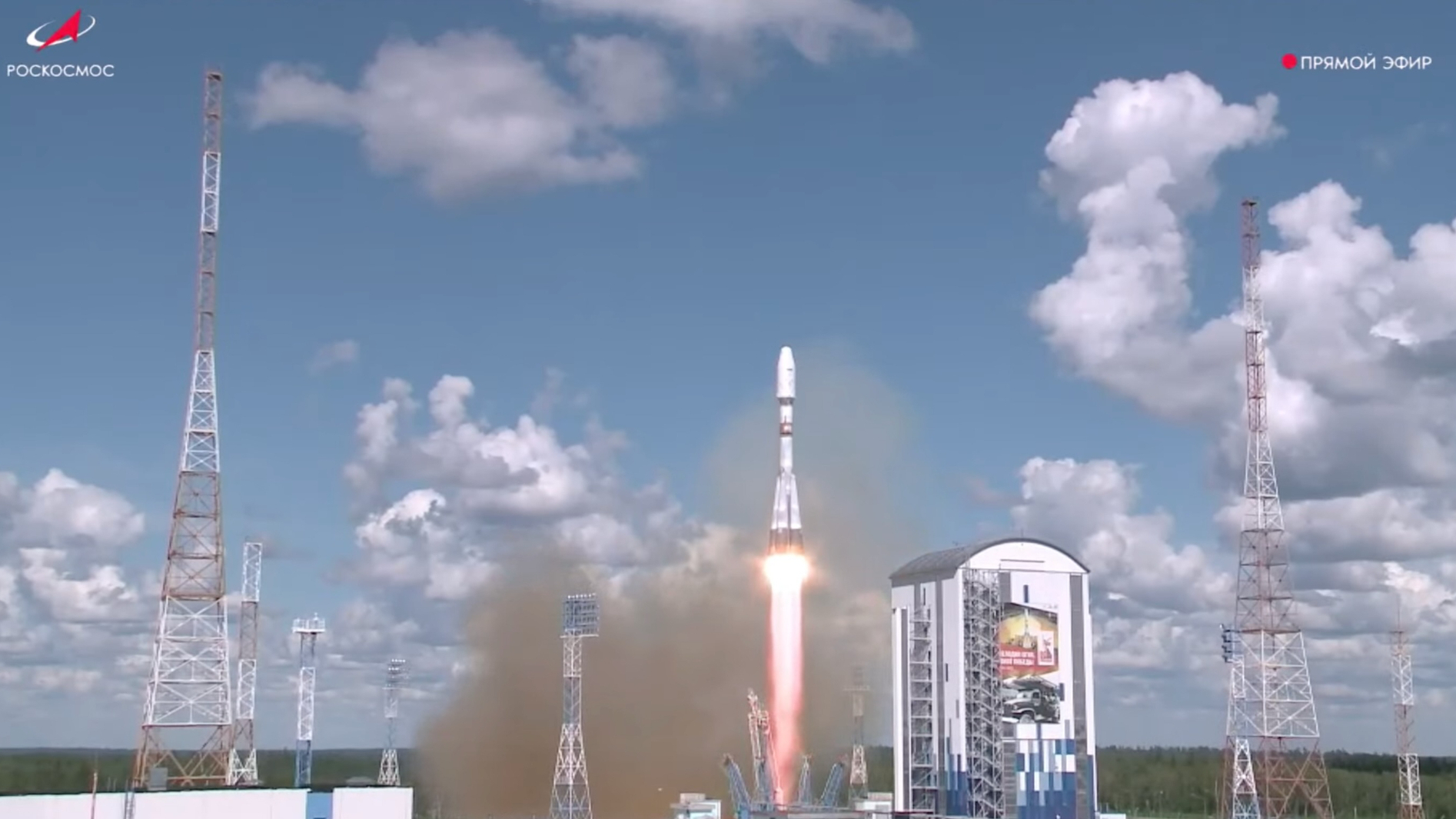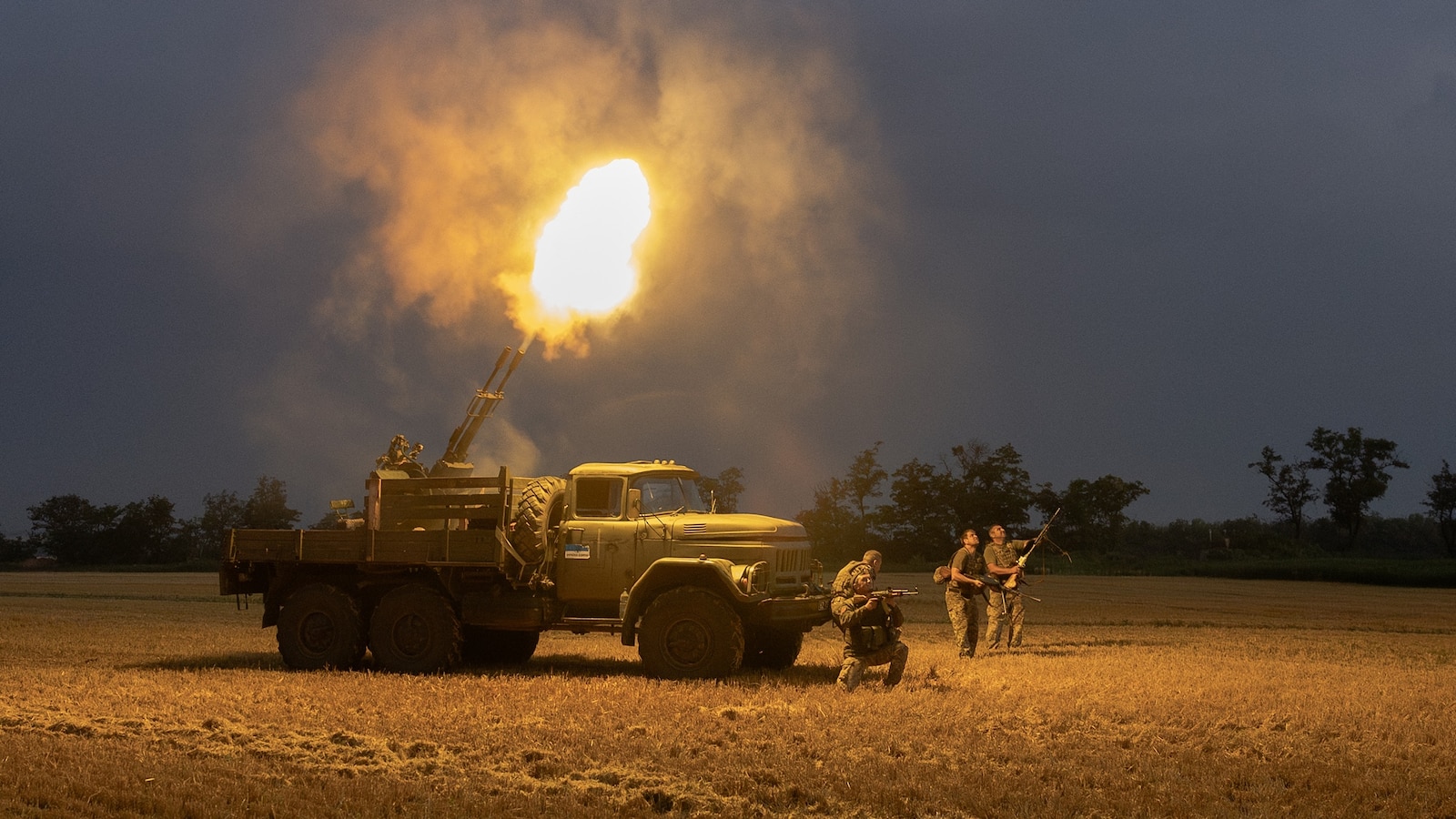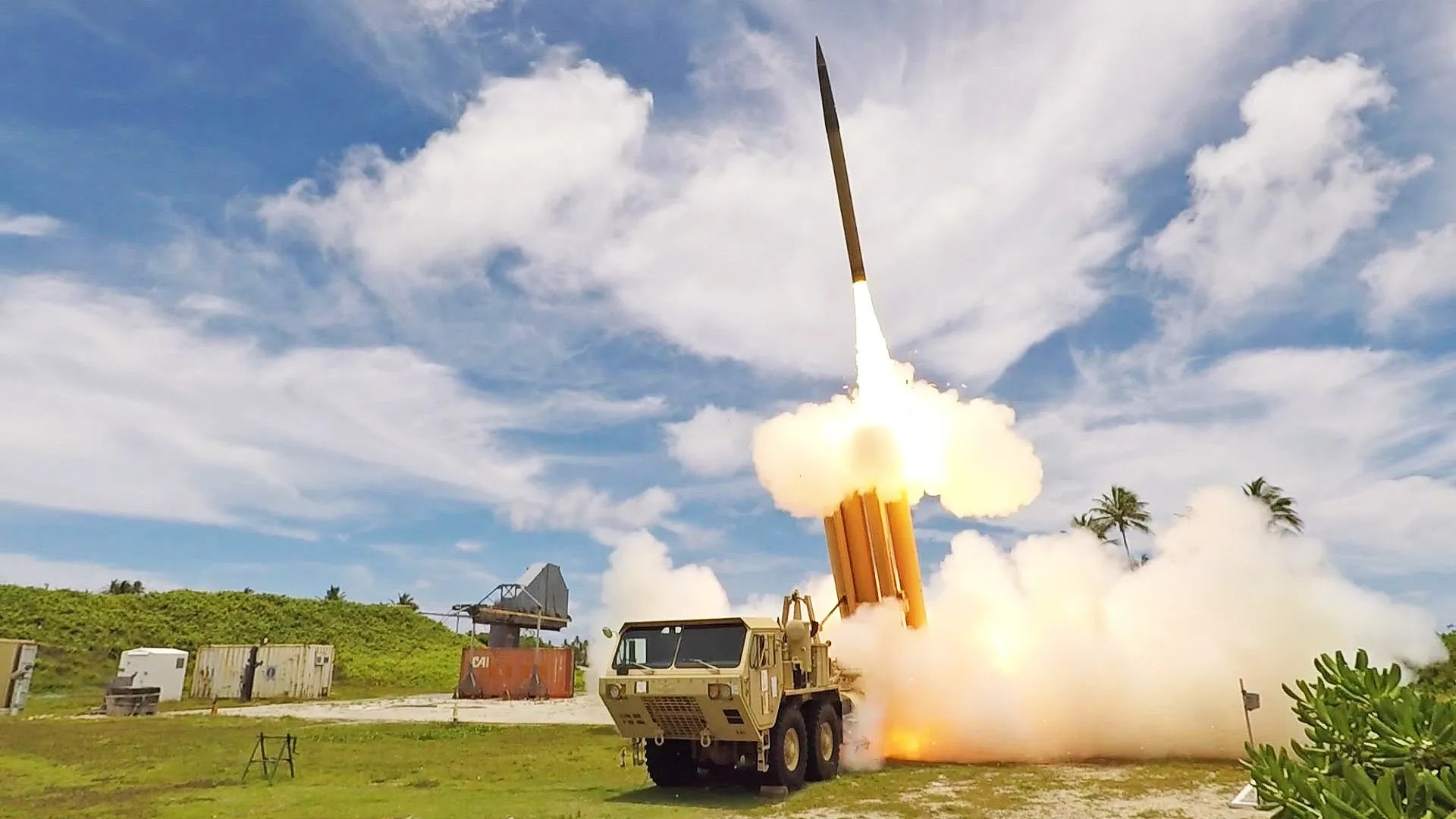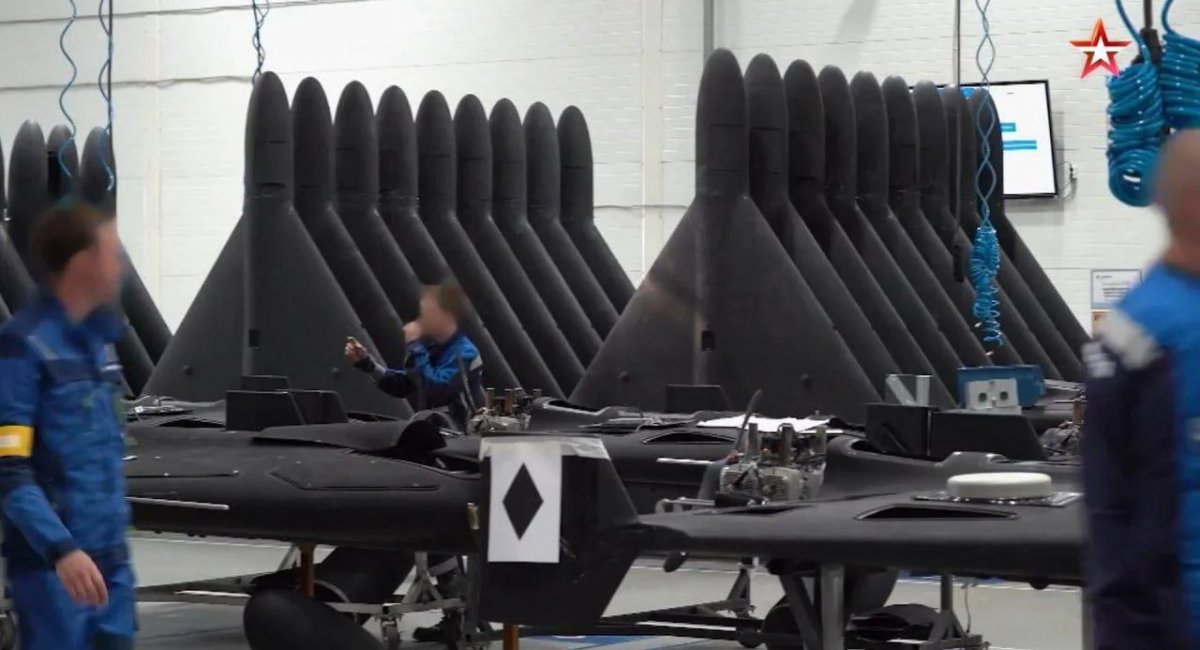T4K3.news
Russia launches satellite with Iranian payload
A Russian Soyuz rocket successfully carries Iranian Nahid-2 and Ionosfera satellites into orbit.

A significant launch marked by cooperation between Russia and Iran highlights geopolitical dynamics.
Russia successfully launches satellites for Iran alongside two space weather probes
A Russian Soyuz rocket launched the Ionosfera-M 3 and 4 satellites, in addition to an Iranian spacecraft named Nahid-2, from the Vostochny Cosmodrome on July 25, 2025. The rocket took off at 1:54 a.m. EDT, successfully carrying its payload into orbit, according to live streams from the Russian space agency Roscosmos. The Ionosfera satellites are designed to study space weather effects, such as solar wind interactions in relation to Earth's systems, while the launched cubesats, all built in Russia, will undertake various remote-sensing projects in orbit.
Key Takeaways
"This quartet is designed to monitor space weather phenomena."
Highlights the purpose of the Ionosfera satellites in studying Earth's atmosphere.
"Growing collaboration in aerospace reflects shifting global powers."
This statement reveals the strategic implications of the Russia-Iran partnership.
This launch underscores a growing collaboration between Russia and Iran amid shifting geopolitical realities. As global tensions rise, particularly surrounding military and technological capabilities, the partnership in space endeavors deepens. Satellite technology offers both nations strategic advantages, not only in scientific terms but also in defense and communications capability. The presence of Iranian technology in such missions may also provoke responses from Western nations, which closely monitor Iran's advances in military and aerospace fields.
Highlights
- Strategic satellite launches redefine international alliances.
- New space weather studies enhance our grasp of cosmic influences.
- Iran's satellite in orbit signals a technological leap.
- Geopolitical dynamics shift as nations expand space cooperation.
Geopolitical implications of space collaboration
The alliance in space technology between Russia and Iran raises concerns about security and military uses.
The integration of Iranian capability into satellite technology presents a new chapter in international cooperation in space.
Enjoyed this? Let your friends know!
Related News
Russia aims to deploy 2,000 drones in one night

Record drone attacks increase fears in Ukraine
Ukrainian drone strikes oil depot in Russia

US and allies struggle with missile defense

UK invests £700m in solar storm response

U.S. military depletes THAAD interceptors during Israel-Iran conflict
Russian offensive campaign assessment updates
